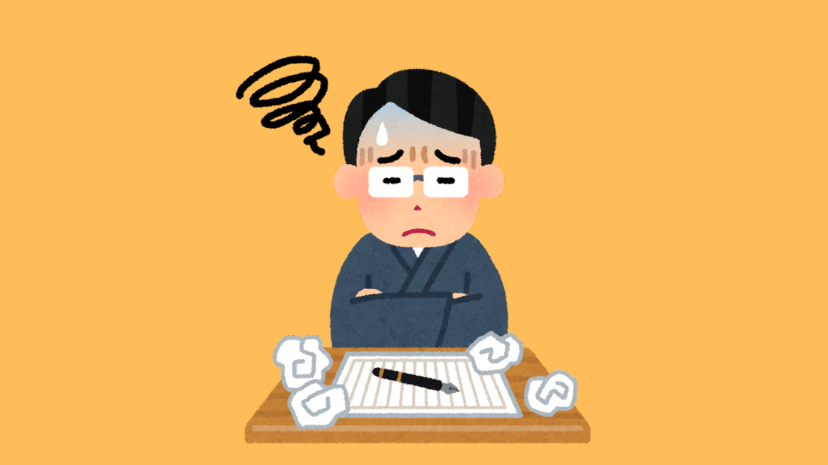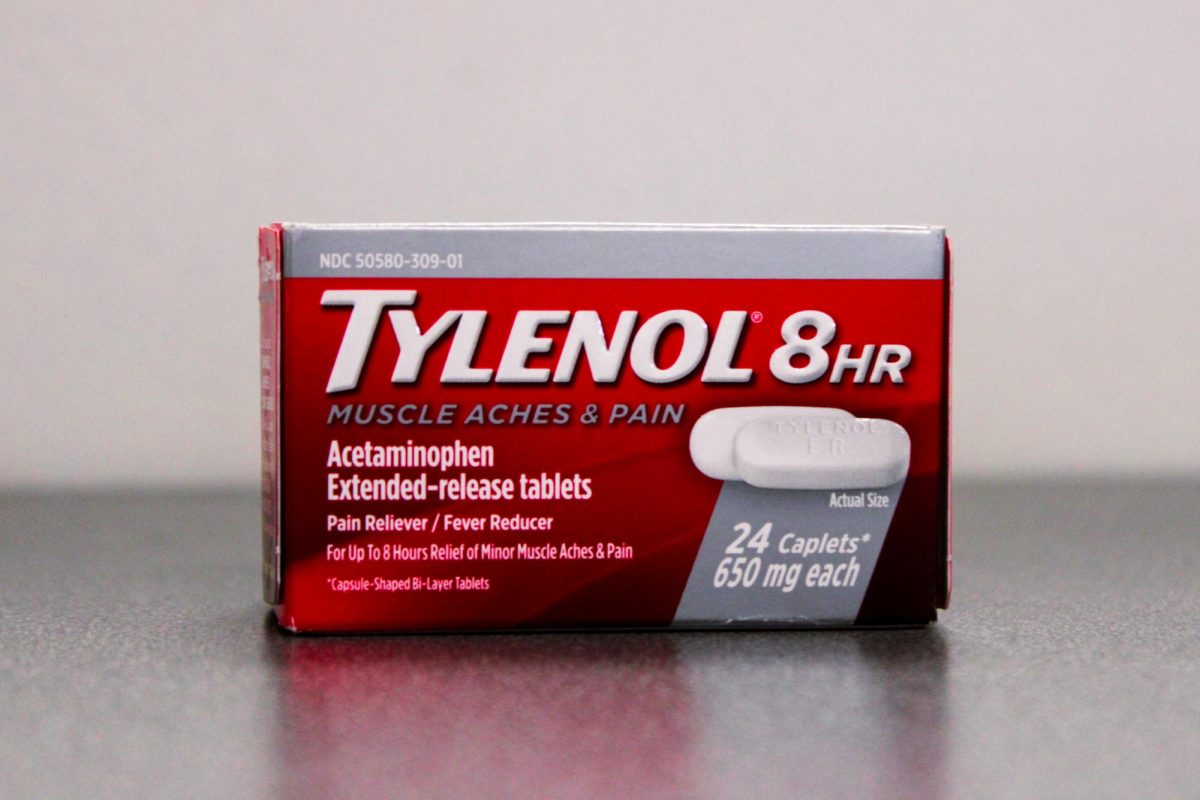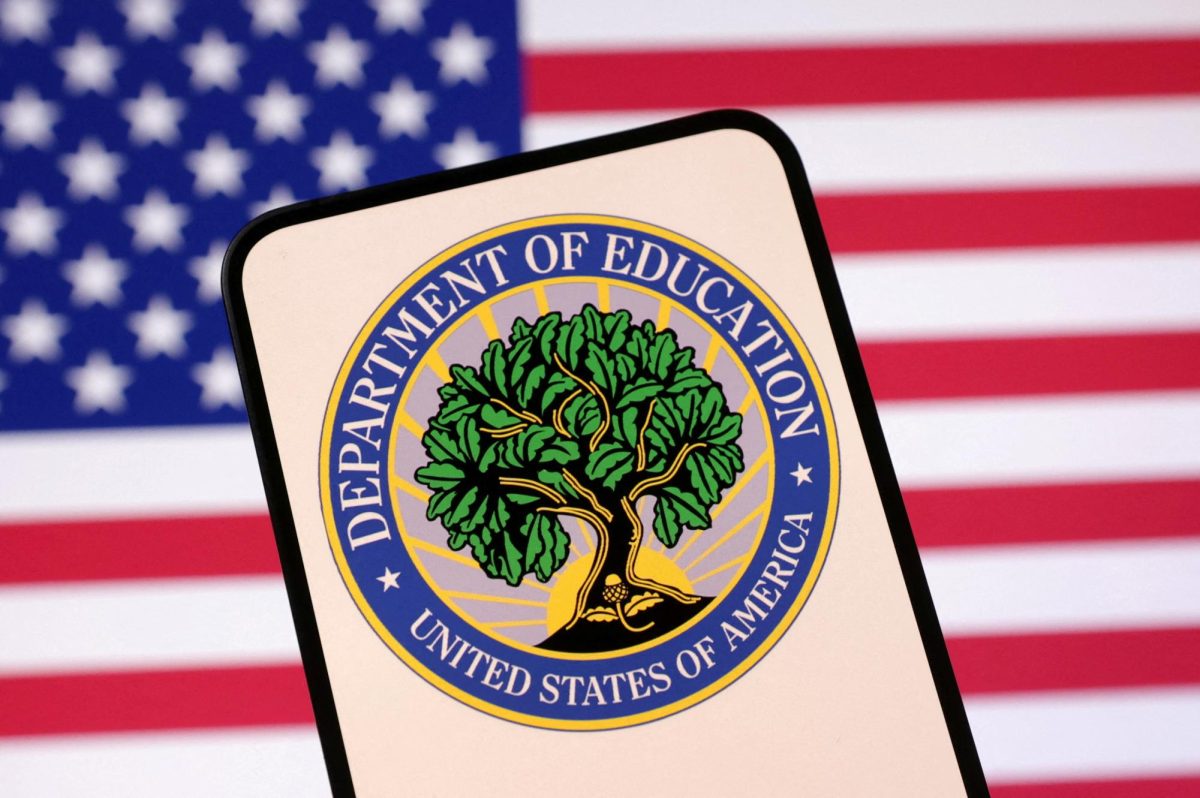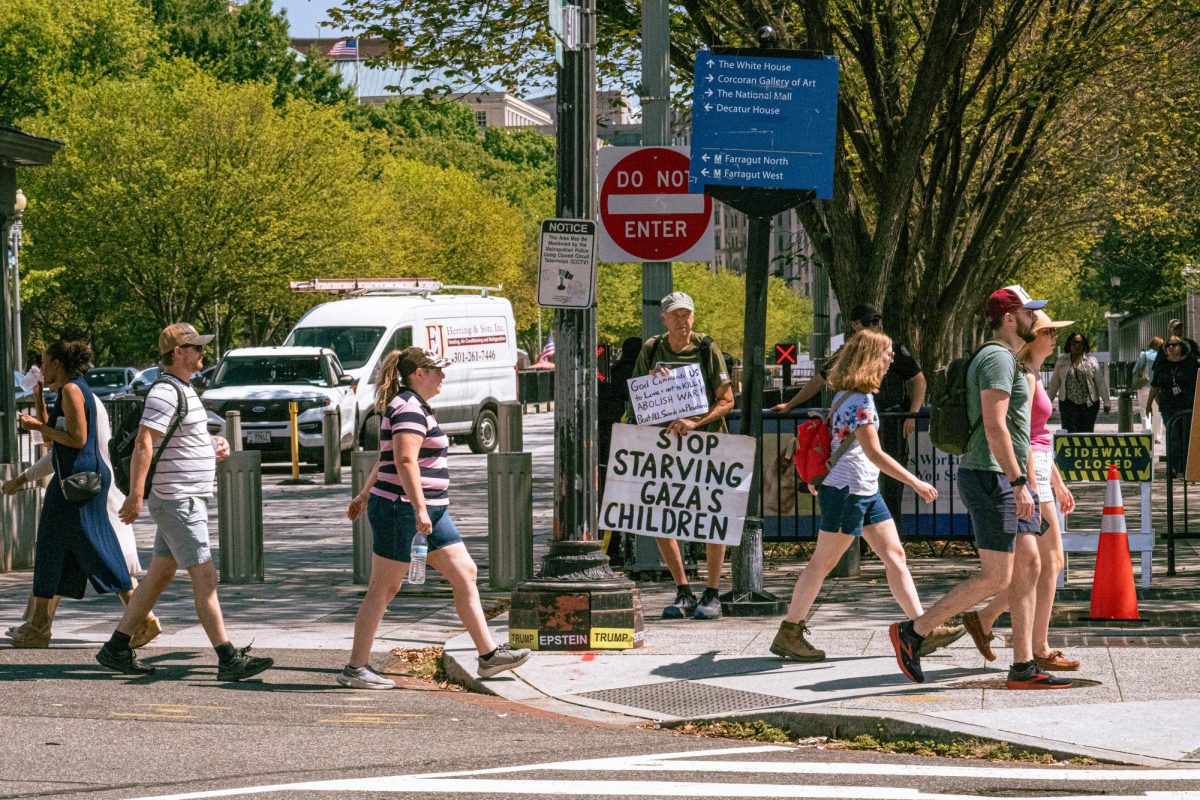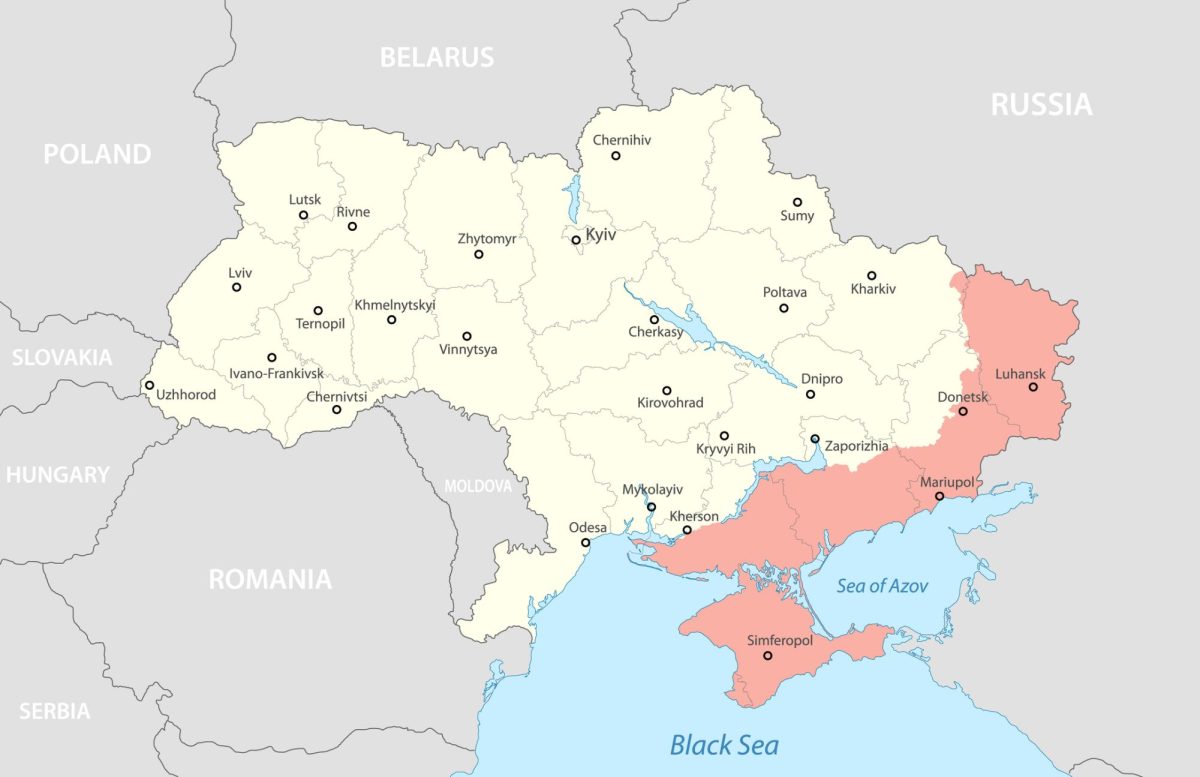On July 18, in a vote of 216-213, the House of Representatives approved a Trump administration plan to cut $1.1 billion in previously allocated funds for the Corporation for Public Broadcasting (CPB), which includes devastating cuts to NPR, PBS and their member stations.
The loss of federal funding to these programs is devastating, making donations and support of these news organizations – especially nonprofit ones – important.
This funding loss is part of a $9 billion rescissions package. Of the $9 billion lost, $1.1 billion went toward the CPB and about $7 billion went to foreign aid, according to NPR.
In the past week, the cut in federal funding for NPR and PBS has stations in California preparing to lay off employees and cut programming, leaving people without jobs and having fewer programs to run. It may not be long before other NPR and PBS stations in other states start to cut programming and lay off employees, causing the potential loss of hundreds of jobs.
The CPB announced Friday that, due to billions of dollars in funding cuts, it has begun winding down operations.
PBS and NPR are not just two popular news broadcasting organizations; they are also arguably two of the most important ones. People that have heard of NPR generally consider it a trustworthy news source, with 55% of people who have heard of NPR considering it trustworthy, according to the Pew Research Center.
Even their broadcasting shows, such as shows on PBS Kids, like Sesame Street for example, can be considered educational by teaching children how to be kind. PBS Kids also held a special called “PBS Kids Talk About: Race and Racism”. This special addressed race and racism in an age-appropriate way, helping children and families discuss these topics at home. It’s important to educate children and the potential loss of shows on PBS Kids is damaging to children’s education.
While PBS and NPR generate their own revenue, local member stations that provide accessible news, particularly to rural or underserved regions, heavily rely on CPB grants to operate. The loss of federal funding threatens these local stations, creating a lack of accessible local news for the area’s inhabitants.
President Donald Trump has had issues with media organizations for years. Basically any news organization that doesn’t meet his expectations, whether that be presenting Trump in a positive light or following his orders, he automatically doesn’t like.
For example, when Trump announced that he was renaming the Gulf of Mexico to the Gulf of America, the Associated Press said they would not update their stylebook to reflect the change, which led Trump to block reporters from AP from attending official presidential events. In a world where the field of journalism gets discredited, Trump is only making it worse.
As for NPR and PBS, Trump has long accused those respective stations of being left-leaning and ideologically biased, according to Time Magazine.
Trump has repeatedly tried to control the media, like when he decided to handpick media outlets and reporters for the presidential pool, which is a violation of the First Amendment. Trump’s continued efforts to silence journalists and destroy news organizations are deeply troubling, especially when accurate news and reporting is more important than ever.
With Trump harming media organizations, it’s crucial that the general public supports news organizations in an effort to keep them running so people can receive news. People need to support journalism and news stations, particularly nonprofit ones, by donating not just to NPR and PBS but other news organizations, including local newsrooms.
To donate to NPR or PBS, go to the NPR website or the PBS Foundation website.
Aside from donating, it’s also important to stay informed by reading or watching the news on TV. It’s also important to spread the word about the news to family and friends. Sharing articles with your family and friends is also a way to support news organizations if you can’t donate.
In a world where the media is threatened by the Trump administration, we must do everything in our power to keep news and newsrooms alive.










